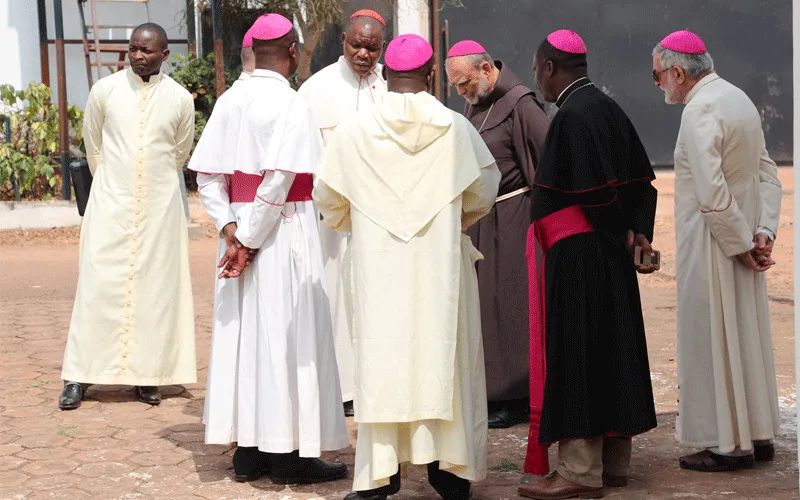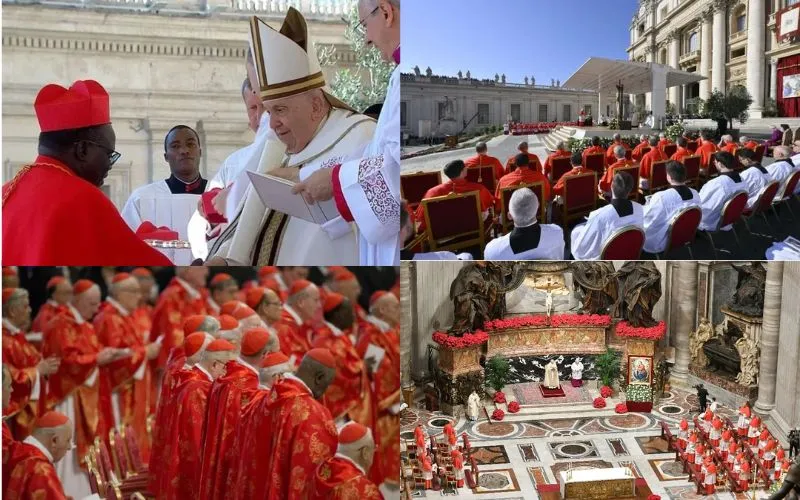Security challenges, they say, lead to "hardship as economic activities are threatened: herders are taken hostage, farmers deplore the destruction of their farms during the period of uncontrolled human trafficking for years, and the cost of basic necessities and building materials soars."
The Bishops also denounce the infringement of human rights and “inappropriate behavior” by members of the military on mission to recapture territories occupied by armed groups.
“In this process of territorial reconquest by Central African Armed Forces (FACA) and the allies, which is appreciated by the majority of the population, we note certain inappropriate behaviors: violation of human rights, substitution for the judicial authority, requisition and occupation of public infrastructures and buildings belonging to individuals,” they say.
The Catholic Church leaders express concerns about the military’s use of the prohibited anti-personnel mines, “which today cause desolation among the population and the death of our fellow citizens.”
Against this backdrop, CECA members urge the people of God in the Central African country to put aside their differences and work for the development of their nation.
“In this sensitive phase of our country, we cannot build anything solid without a common shared vision of our history. It is time we put aside personal and selfish interests and positional conflict to unite around the essentials in order to meet the legitimate expectations of the people and their individual and collective well-being,” the Bishops say in their collective statement signed by CECA Chairman, Bishop Nestor-Désiré Nongo Aziagbia.
For reconciliation to be effective, the Bishops urge citizens of CAR to “talk to each other.”
“Dialogue in truth makes it possible to transcend multidimensional divisions, banish violence in all its forms and defuse crises,” they say in their June 27 statement.
They further note challenges around the sector of education saying a “paradigm shift is needed”.
The Bishops call upon the government to “make education the principle of the culture of peace and development and to invest more in the education system through the training and integration of teachers and the construction and equipping of school infrastructure.”








